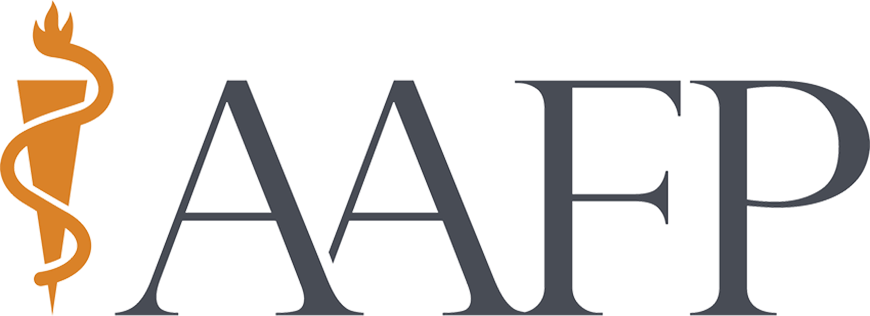Cognition in Family Medicine Settings
Empowering Family Medicine Physicians to Detect and Manage Cognitive Health
Why Cognitive Health Matters
Cognitive health is increasingly recognized as a fundamental component of overall well-being. With an aging population, the prevalence of cognitive impairment, including Alzheimer’s disease and related dementias (ADRD), is projected to rise significantly. Despite its growing impact, cognitive impairment frequently goes undetected or underdiagnosed in primary care settings. Research shows that primary care practitioners (PCPs) fail to identify up to 60% of dementia cases. Detection rates are even lower among individuals with young-onset dementia (occurring before age 65) and within Black and Hispanic populations, who bear a disproportionate burden of this disease.
About the Project
This project builds on the successful Cognition in Primary Care model and brings together a coalition of partners committed to equipping primary care clinicians with the tools and strategies necessary to improve early detection and management ADRD.
The program aims to give AAFP members and other primary care clinicians access to an important care pathway which can facilitate early detection of cognitive impairment. This project will build on the existing components of Cognition in Primary Care to identify gaps and close barriers that may prevent detection and assessment of cognitive impairment early within family medicine settings.
Objectives
Implementing Cognition in Primary Care developed by the University of Washington into AAFP’s Continuing Medical Education (CME) platform.
Implementing AAFP’s champions concept into the Cognition in Primary Care quality improvement model with the goal of incorporating a team led approach into the practice’s everyday workflow.
Highlighting and addressing health disparities to ensure that early cognitive impairment does not go undetected or undiagnosed in underserved and vulnerable populations.
Increasing awareness and dissemination of the Cognition in Primary Care quality improvement model, resources, tools, and materials on cognitive care to family physicians, care teams, other health care professionals, and the public.
Family physicians, who manage over 193 million office visits annually in the United States, are uniquely positioned to address this critical gap. However, they face significant challenges, including time constraints, insufficient training, and lack of access to practical tools and resources to assess and manage cognitive health concerns effectively. Addressing these challenges is crucial, as early detection of cognitive impairment allows for timely interventions, better management of co-morbid conditions, and improved planning for patients and their families. Moreover, early diagnosis provides opportunities for patients to participate in clinical trials and access emerging therapies.
Project Partners
Components
Continuing education: Short, practical continuing education sessions designed for primary care by primary care, which are delivered by primary care physicians (PCPs) who are experts in dementia and understand the needs of primary care.
Electronic Health Record (EHR) Tools: Checklists, with reminders, designed to be concise, quick, and easy to use. They are easy to upload to any EHR. These simple, text- based tools are featured as highlights in the continuing education sessions.
In-Clinic Tools: A Starter Box Kit will be mailed to every clinic. It is designed to be opened at a 30-minute Zoom meeting with the clinic’s director/manager, making it easy to put a concise set of exam room tools in place, to put the training into practice.


